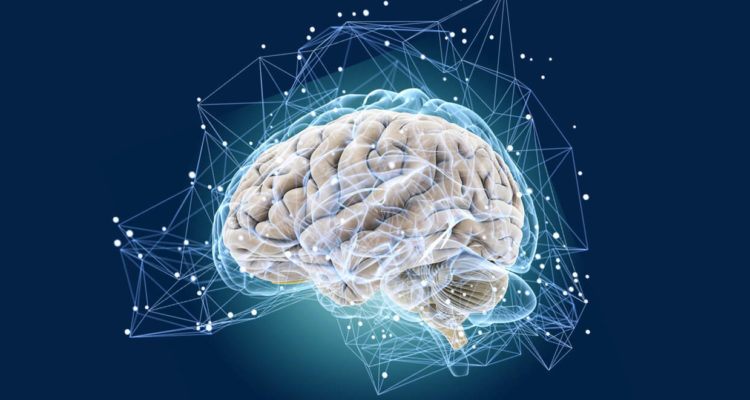
For memory and attention: morning habits that will support brain health
0
The modern rhythm of life sometimes does not allow to keep a clear head. Fatigue, stress, and burnout make it difficult to stay alert and focused. With age, problems with cognitive abilities increase. However, if you start taking care of your brain as early as possible, it will be able to please you with a good memory and mental sharpness in the future.
Neuroscientists recommend starting each morning with four brain-healthy habits.
Waking up without an alarm clock or choosing a quieter alarm
One of the worst things you can do to your nervous system is to wake up from a sharp, alarming sound. Neurobiologist Patrick Porter advises to establish a regime of falling asleep and waking up at a certain time, so as not to annoy your brain every morning, but to get up according to your internal clock. And while it is not possible to adjust the body, you need to set the alarm clock to relaxing music.
First – water, then – coffee
After many hours of water restriction during sleep, it will be useful for the body to wake up thanks to a glass of plain water. The second glass can be diluted with fresh lemon juice. Hydration helps cognitive function. According to a study conducted at the Georgia Institute of Technology, dehydration reduces the activity of the human brain.
Choose plant-based foods for breakfast
Scientists have found that the gut affects the health of the brain. Microorganisms in this digestive organ release neurotransmitters, vitamins, hormones, and other substances that affect a person's mood, behavior, and cognitive functions. Researchers have linked various gut disorders to conditions such as depression and anxiety. Therefore, for breakfast it is better to eat those foods that have a positive effect on the health of the gastrointestinal tract. These include fruits, vegetables, legumes, whole grains, nuts and seeds.
Do not forget about morning exercise
Physical exercises help you sleep better, cope with stress and anxiety, notes the Association of Applied Sports Psychology. These are the factors that are important for cognitive well-being. Cardio – training increases the flow of oxygen to the brain, reduces the risk of memory loss and increases work capacity and attentiveness. This is due to the fact that physical activity improves blood circulation and stimulates the release of proteins and hormones responsible for nerve development and brain plasticity.









Leave a Reply